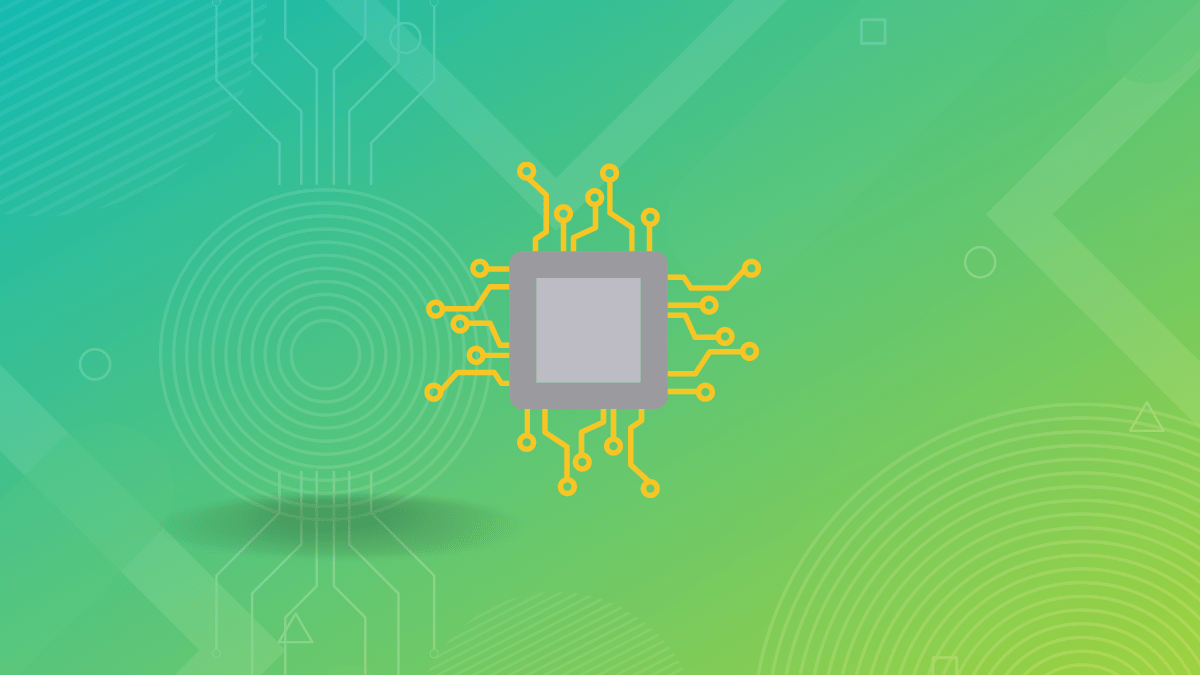Jailtime for Retro Game Console Reviews? Italy’s Copyright Enforcement Sparks Debate
Italian YouTuber raided over handheld review, faces possible jail time.
Linux Kernel 6.3 lands right on schedule looking ahead to the future!


With Linux Kernel 6.2 being released just a few months prior, a new release is here in the form of Linux Kernel 6.3.
This release offers plenty of things, such as better AMD support, initial enablement work for Intel's Arrow Lake, networking improvements, and more.
It may not be a significant, meaningful upgrade for most, but it caters to a specific group of people while adding support for future tech.
On the release, Linus Torvalds mentions:
It's been a calm release this time around, and the last week was
really no different. So here we are, right on schedule, with the 6.3
release out and ready for your enjoyment.
Suggested Read 📖

Considering it is a non-LTS release, not everyone needs to upgrade (unless you were facing a specific issue that this version fixes).
However, the release is packed with many additions; the notable ones include:

Since the merge window opened following the release of Linux 6.2, the folks over at AMD were busy pushing code left and right.
One such implementation was the introduction of AMD's Automatic IBRS (Indirect Branch Restricted Speculation), which reduces the performance hits caused due to the steps taken to reduce the risk of Spectre V2.
This will enhance performance for the AMD Ryzen 7000 series and the EPYC 9004 series of processors.
That's not all.
Users of the older AMD APU (Picasso) laptops from the Zen+ architecture can now enjoy improved NVMe performance thanks to a power management fix to improve the system suspend/resume experience.
You might be scratching your head, thinking, which Intel processor architecture is this?
This is meant to be a successor to the upcoming Meteor Lake line of processors, i.e., 15th gen.
Work was already underway on support for Meteor Lake, which has been rumored to ditch the desktop variants and focus only on laptops. That is where Arrow Lake is supposed to come in. It is set to be a line of desktop processors launched sometime in early 2024.
Initial enablement work has already begun with Linux Kernel 6.3 featuring the model number for it (0xC6), which will pave the way for future patches.
The Linux Kernel now features proper sensor monitoring support for additional motherboards from Gigabyte and Asus.
In the case of Gigabyte, thanks to the addition of their WMI sensor drivers, three new motherboards can now report sensor data to a Linux Kernel 6.3-equipped system.
They are the Gigabyte A320M-S2H V2, X570S AORUS ELITE, and B650 AORUS ELITE AX.
Whereas, in the case of Asus, over 30 motherboards are now supported thanks to a bunch of 'HWMON' subsystem updates made earlier this year.

The kernel upgrade features two new networking additions. One is the 'ath12k' driver that adds support for Qualcomm Wi-Fi 7 hardware, which is capable of delivering up to 5.8 Gbps speeds.
The other one is BIG TCP support for IPv4, which enables significantly higher speeds and has lower latencies, allowing for larger TSO/GRO packet sizes.
You can go through the pull request to dive deeper.
Similarly, two significant storage improvements are on offer with Linux Kernel 6.3.
First, are the various fixes done to Zstd for improving in-place decompression, fixing a compiler warning, and an assrt() logic issue.
The second one are the improvements made to the Brtfs code, resulting in up to 10x performance speedups across different operations for the filesystem.
Other than the above-mentioned, here are a few changes that are worth highlighting:
You may go through the release announcement for a more detailed outlook of this release.

As usual, upgrading using Arch, Fedora, or a rolling-release distribution is pretty straightforward. You will get the latest kernel as an update soon enough.
But, if you are using other distros (Pop!_OS and Linux Lite are exceptions to some extent), you will not receive an upgrade now, considering they will continue using the Long-Term Support version of the kernel included by default.
Still, if you'd like, you can try installing it manually. Though it is not for the faint-hearted, so be careful.
Head over to the Linux Kernel Archives to grab the tarball for Linux Kernel 6.3 and get started.
You can also follow our handy guide on manually installing the latest Linux Kernel on Ubuntu.

Stay updated with relevant Linux news, discover new open source apps, follow distro releases and read opinions